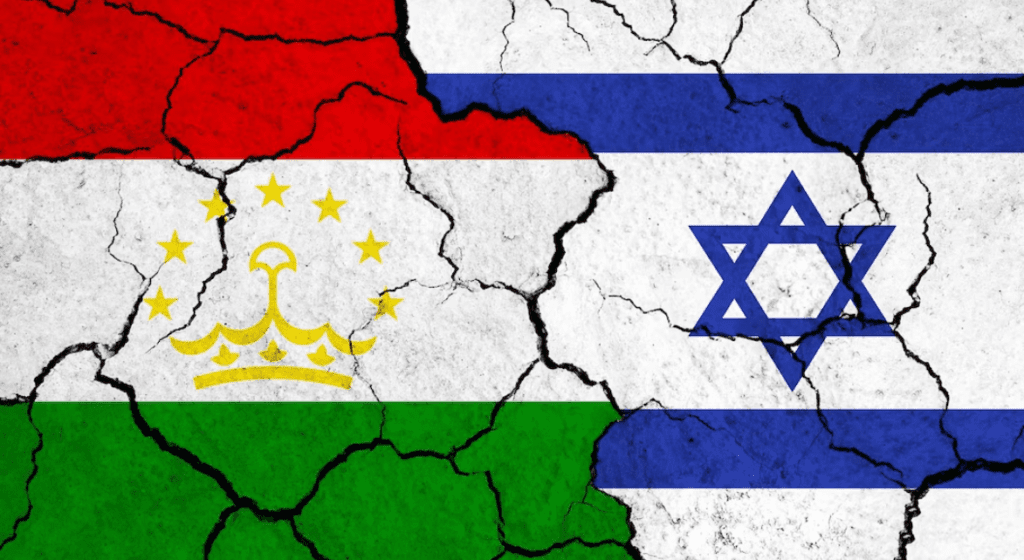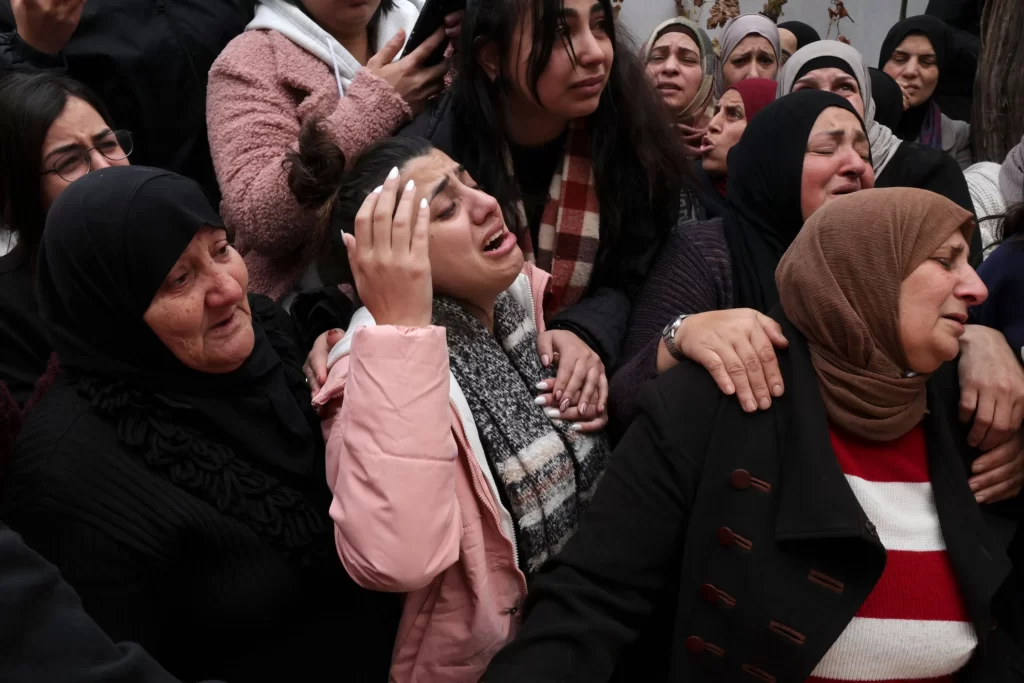Human rights violations are common in war zones across the world, and women are one of the most vulnerable populations dealing with the catastrophic effects of these conflicts. There are several conflicts, like the Israel-Palestine conflict, where women suffer not just physically but also psychologically and legally. In this article, we will examine the many ways that Palestinian women cope with the harsh reality of the conflict, emphasising the difficulties faced by women who are pregnant or menstruation as well as the intersectionality of gender-based violence.

Physical Suffering
In the Israel-Palestine conflict, women’s physical suffering is an alarming concern. The constant threat of violence, airstrikes, and shelling creates a hazardous environment for pregnant women, often leading to complications, miscarriages, and premature births. The scarcity of medical supplies and safe healthcare facilities further compounds these issues, leaving expectant mothers in distress.
Menstruating women face their own set of challenges. Limited access to sanitary products and safe facilities for personal hygiene make menstruation a painful and unsanitary ordeal. Additionally, displacement from their homes and the lack of privacy worsen the discomfort and indignity experienced by women in the conflict.
Mental Suffering
The mental anguish experienced by women in the Israel-Palestine conflict is profound. Constant exposure to violence, loss, and displacement can lead to severe emotional trauma. Many women endure the loss of loved ones, including children, which is a heartbreaking experience that can result in lasting psychological scars.
Children who witness or are victims of violence can also suffer, affecting the mental health of their mothers who are often powerless to protect them. The anguish of not being able to provide a safe and stable environment for their families takes a heavy toll on these women.
Legal Suffering
In conflict zones, women often face legal hardships that further compound their suffering. The Israel-Palestine conflict is no different, with women experiencing violations of their basic human rights. Discrimination, restrictions on movement, and lack of access to justice are some of the challenges they confront.
Gender-Based Violence
Gender-based violence is a grave concern in the Israel-Palestine conflict. The intersectionality of conflict and gender discrimination leads to situations where women are at heightened risk of rape, humiliation, and physical abuse. The breakdown of social and legal structures during conflicts can create a culture of impunity, where perpetrators go unpunished.

Rape is used as a tool of war and domination, leaving women in a constant state of fear. This form of violence can result in lasting physical and psychological trauma, as well as unintended pregnancies, further complicating their lives in the midst of conflict.
Humiliation is another painful aspect of women’s suffering in this conflict. Forced displacement, destruction of homes, and the loss of loved ones can render women powerless and susceptible to public humiliation and degradation.
Lack of Human Rights
The denial of basic human rights is a fundamental issue that affects women in conflict zones, including the Israel-Palestine conflict. Women are often denied access to education, healthcare, and economic opportunities, severely limiting their independence and future prospects. Additionally, the arbitrary detention and imprisonment of women without proper legal recourse are violations of their basic human rights.
The Israel-Palestine conflict has profound implications for women who suffer mentally, physically, and legally in numerous ways. The struggles of pregnant and menstruating women, combined with the intersectionality of gender-based violence, paint a grim picture of the hardships they endure. The international community must take steps to address these issues, ensuring that women’s rights are protected and respected during times of conflict. Only through a concerted effort to provide aid, protection, and support can we hope to alleviate the suffering of women in such regions and bring about a more equitable and just future for all.

